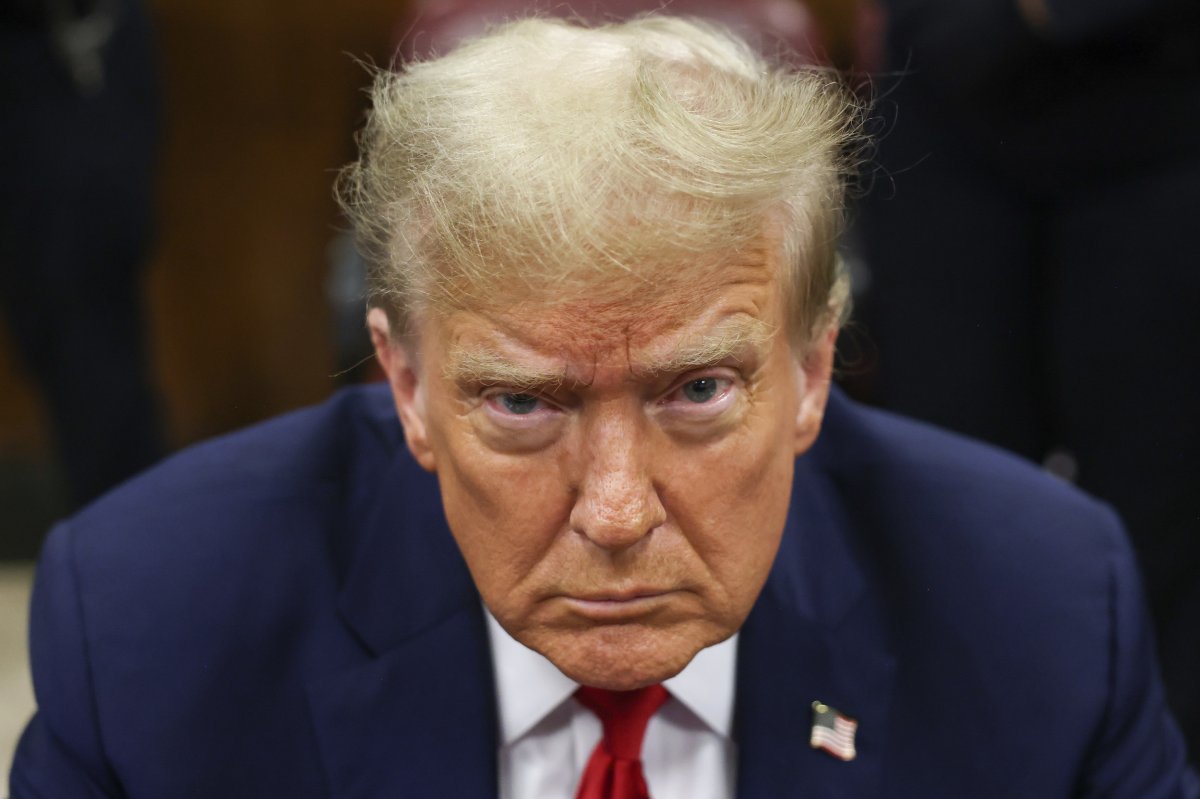The Supreme Court is poised to make one of the biggest decisions on presidential power, but a victory for former President Donald Trump won’t solve all of his legal problems.
On Thursday, the Supreme Court will hear oral arguments in Trump v. United States, which argues that Trump is immune from criminal prosecution for conduct that occurred while he was in the White House. It is a question that the high court has never considered before.
Trump, who is the first former president to ever be indicted, is facing charges in four criminal cases. Trump v. United States stems from his federal election interference case. He is also facing a federal case related to the classified documents found at Mar-a-Lago and a separate election interference case in Fulton County, Georgia.
While the Supreme Court takes up his immunity arguments in Washington, D.C., his criminal trial in New York will continue into its seventh day on Thursday. The case in Manhattan, which charges Trump with 34 felony counts of falsifying business records, is the only one of the four criminal prosecutions against him to have gone to trial and could be the only one that does before the 2024 election.
Should the Supreme Court ultimately side with Trump and rule that he is immune from federal prosecution, his trial in the New York hush money case, however, will proceed as planned.
“The Supreme Court’s presidential immunity case won’t affect the New York hush money trial because Trump wasn’t president at the time,” former federal prosecutor Neama Rahmani told Newsweek on Wednesday.
Former federal prosecutor and elected state attorney Michael McAuliffe agreed that because the charges against Trump stem from actions that are “alleged to have started while he was a presidential candidate, not during his presidency,” the trial will continue before the jury that was selected last week.
“Further, his alleged fraudulent conduct isn’t tied in any way to the duties of the presidency. As a result, the ongoing state trial, and any guilty verdict that comes from it, won’t be impacted by the Supreme Court’s ruling in the immunity appeal even if the Court determines some form of criminal law immunity exists for presidents,” McAulife told Newsweek.

Yuki Iwamura/Getty Images
Even though the New York case is not the only state-level prosecution against Trump, a Supreme Court ruling in Trump’s favor could complicate the case in Fulton County as well.
“The Georgia case is slightly more nuanced when it comes to whether Trump’s actions somehow fall within some theoretical scope of presidential duties,” McAuliffe said. “Common sense and rule of law considerations scream out that pressuring state election officials about an election is something a candidate does, not an office holder.”
So, the only case that will likely continue against Trump despite any Supreme Court ruling is the one in Manhattan.
On Thursday, former National Enquirer publisher David Pecker will return to the stand to deliver further testimony about his agreement with Trump’s 2016 presidential campaign. Thus far, Pecker has revealed he was the “eyes and ears” of the campaign and that his tabloids published positive stories about Trump in the lead-up to the 2016 election while also publishing negative stories about Trump’s political rivals.
Uncommon Knowledge
Newsweek is committed to challenging conventional wisdom and finding connections in the search for common ground.
Newsweek is committed to challenging conventional wisdom and finding connections in the search for common ground.







